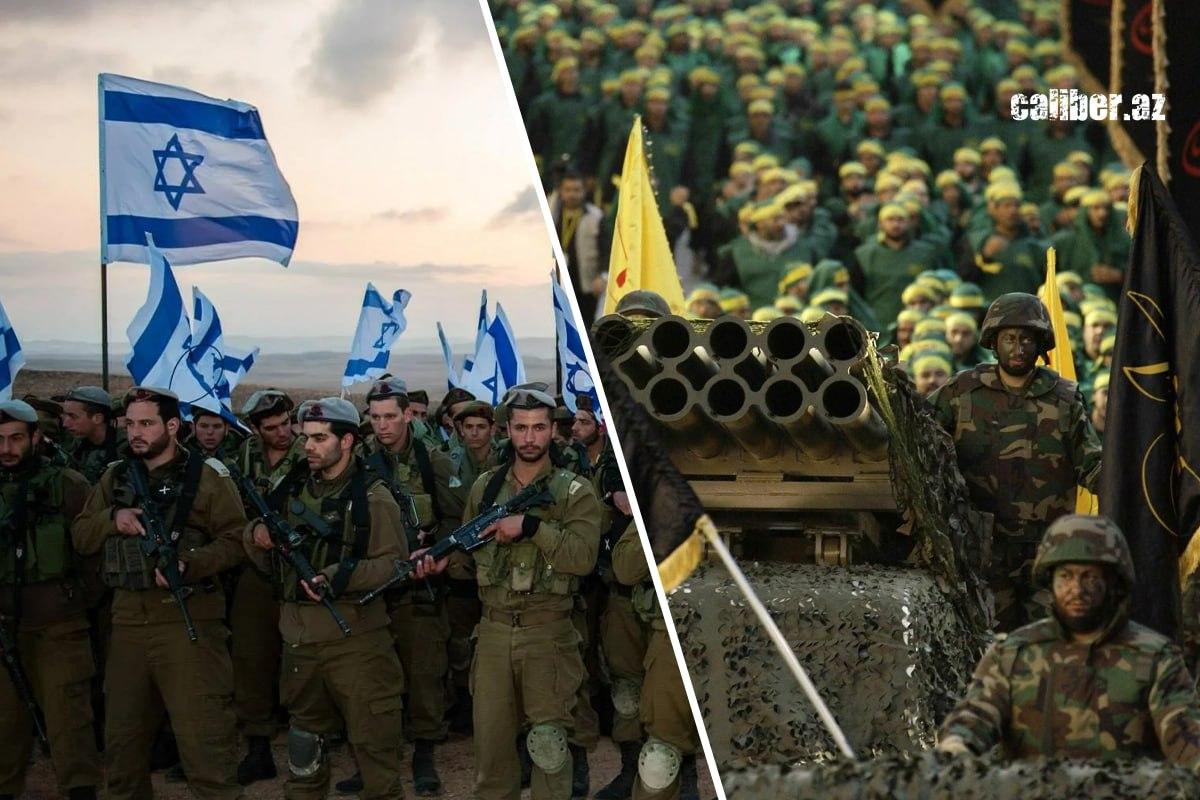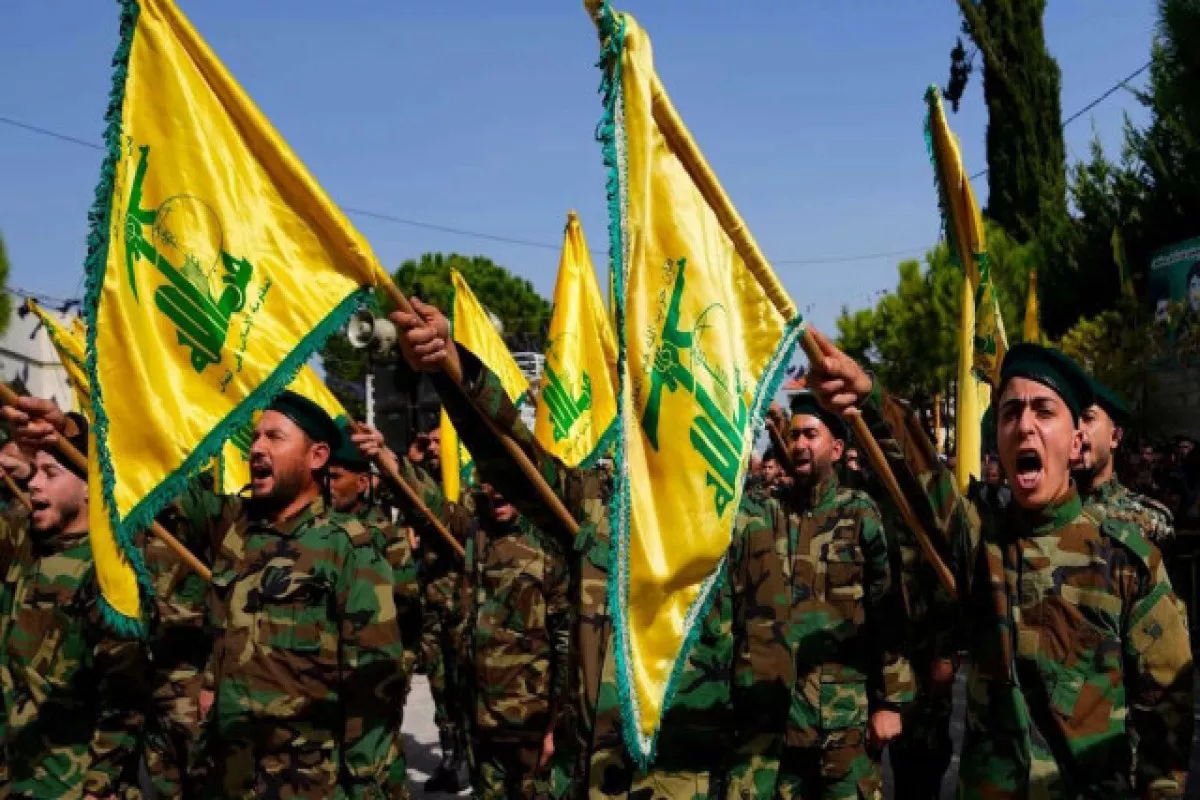Why were the Iranian strikes on Israel so weak? Tehran lost key trump card
The loss of Hezbollah’s military power may have become the beginning of Iran’s defeat. At the same time, this loss triggered Israel’s strike on Tehran.
Over the past day, Israel destroyed part of Iran’s military-political elite and attacked dozens of key targets, including two uranium enrichment facilities. In response, Iran launched several hundred drones and ballistic missiles, killing several civilians, injuring several dozen more, and damaging some residential buildings. It is possible that the Iranians even hit the General Staff building, which has not been confirmed yet, but if so, it was attacked at night after an alarm was announced and was probably empty. So why did Iran turn out to be so weak?
The fact is that Iran had a trump card, which it lost (at least for now, that seems to be the case). Moreover, it was precisely the loss of this main trump card that prompted Israel to strike Iran. This card was called “Hezbollah.”

Since the early 1980s, Iran has been supplying this party in Lebanon with weapons, military instructors, and money. Twice, in 1982–2000 and in 2006, Hezbollah, effectively using guerrilla warfare tactics, managed to force Israeli troops to withdraw from Lebanon. Over time, it became the most powerful military force within the country and possibly one of the best armies in the region.
For several million Lebanese Shiites, it provided free services such as schools and hospitals, subsidised Iranian goods at low prices, and decent wages by local standards for those who were preparing to serve in its armed forces. However, over time the party also evolved into a kind of international business empire, controlling various companies within the extensive Lebanese diaspora and a network of currency exchange offices inside Lebanon itself. This also helped it finance its military projects, though the corruption within its leadership made it more cautious. After all, only those who have nothing to lose can truly overcome fear.
Hezbollah developed its own armoured units, which represented a formidable force within Lebanon, as well as the special forces group “Radwan,” capable of conducting deep raids behind enemy lines, including into Israeli territory. But its main trump card was its rocket potential. Having received missiles from Iran, Hezbollah created a massive military capability. It was estimated at 100,000 to 200,000 rockets aimed at Israel. In addition, the organisation received thousands of drones from Iran, including some capable of penetrating Israeli airspace without detection, conducting reconnaissance, or carrying out attacks on military targets.
In the event of Israeli bombing of Iran, it was assumed that Hezbollah would launch massive attacks on Israel using rockets and drones. Even if it failed to hit many targets, it could still inflict critical damage on the enemy, causing the collapse of its economy and infrastructure. Israeli ports needed to be kept under constant fire, oil refineries (of which Israel has only two) destroyed, and millions of workers forced to stay in bomb shelters for many months, paralysing the economy.
Hezbollah built a network of underground shelters and tunnels in Lebanon to protect against Israeli bombings, and in the event of a ground invasion, the IDF was to be met by elite partisan forces. Using Lebanon’s mountainous terrain, which is ideal for guerrilla warfare, they were expected to inflict heavy losses on Israeli troops.
Thus, Hezbollah became Iran’s armed hand extended toward Israel — its vanguard force, an army meant to prevent Israeli strikes against Iran itself by employing the tactics of protracted asymmetric warfare.

But Israel managed to outplay the Iranians. After obtaining the necessary intelligence, the country’s air force carried out strikes in 2024 against several Hezbollah bunkers, eliminating its entire military command and political leadership — including Secretary-General Hassan Nasrallah. As can now be seen, this operation served as a rehearsal for a similar strike against Iran’s military leadership.
Israeli intelligence agency Mossad gained access to top-secret information, tracking the movements of Iranian leaders or their allies (Hezbollah) in real time. This suggests a deep rift within Iran’s ruling elite, with some factions leaking information on others in order to eliminate their rivals via Israeli strikes. Otherwise, what is happening is difficult to explain — it resembles not so much a war as a military coup. But it all began in Lebanon last year.
Additionally, Israel carried out a series of sophisticated attacks against Hezbollah, including a unique operation involving the sabotage of pagers, strikes on numerous rocket launchers and Hezbollah bunkers, all while possessing precise information about their locations.
Incidentally, this did not greatly aid the advance of Israeli ground forces against Hezbollah in southern Lebanon, where partisan forces managed to halt Israeli progress using their preferred ambush tactics (about 100 Israeli soldiers were killed, including members of elite units, and hundreds were wounded). Nonetheless, Hezbollah suffered heavy losses, and its new leadership relocated to Iran—though they do not feel safe even there.
But even this might not have saved Israel from prolonged rocket attacks by Hezbollah if not for the loss of Syria. Bashar al-Assad’s regime was part of Iran’s coalition in the Middle East, the so-called “Axis of Resistance.” Iranian weapons supplies to Hezbollah, including precision missiles and ammunition, were delivered through Iraq—friendly to Iran—and Syria. When Assad’s regime collapsed under the pressure of the Syrian opposition in October–November 2024, Iran lost a key element of the “Axis.” This meant Hezbollah found itself isolated in Lebanon, now cut off from major supplies. Under these circumstances, it is difficult for Hezbollah to decide to go to war against Israel. Let’s assume it could last for a couple of weeks—but what then? How would it defend itself?
The weakening of Hezbollah also led various political groups within Lebanon to increase pressure on it, demanding disarmament. Hezbollah’s critics formed the new Lebanese leadership. All this further complicated the situation for the pro-Iranian organisation.
The weakening of Hezbollah resulted in Iran, most likely, losing its main trump card in its struggle against Israel.








